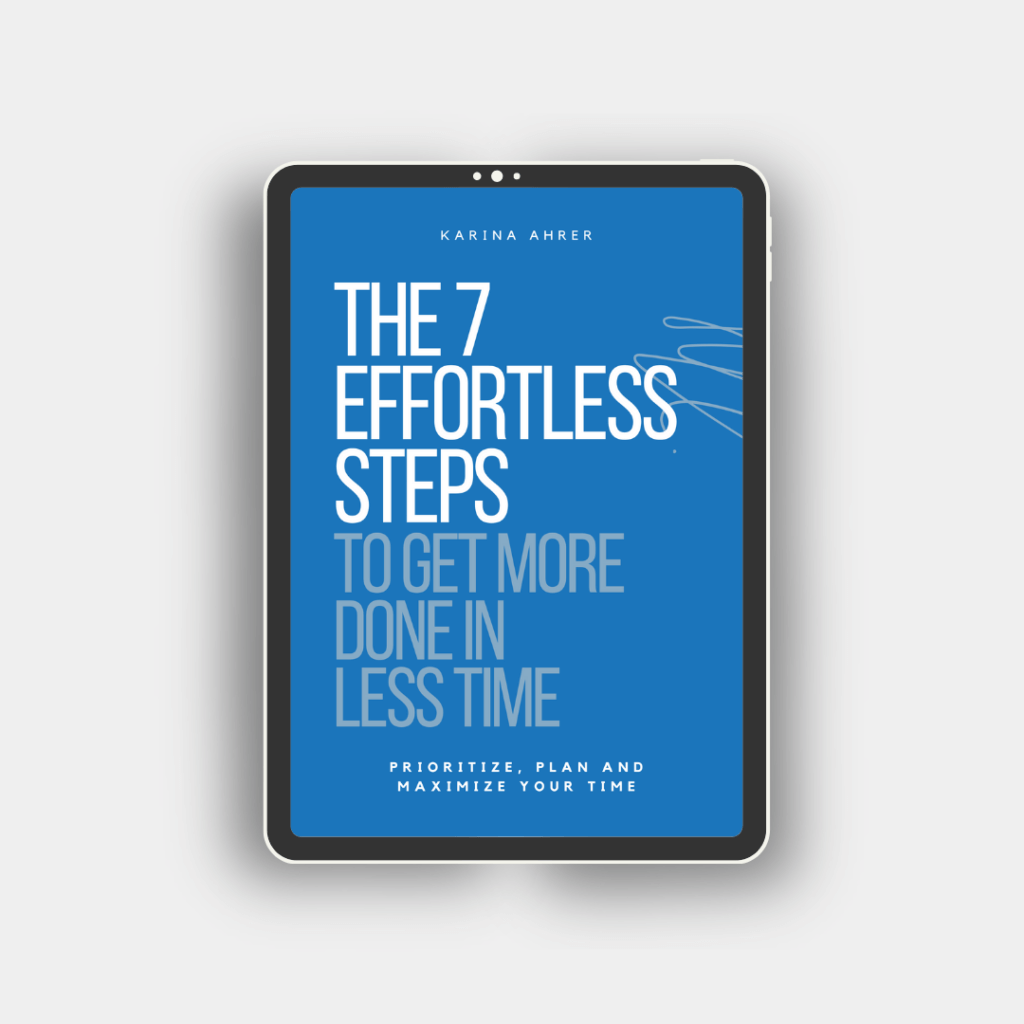Nobody and nothing is perfect. So don’t try to be perfect. You will never reach that goal.
At school, we learn that we shouldn’t make mistakes and need to have the best grade to succeed. They want us to be perfect. There are always top pupils who are really good at school and seem perfect and they try to be perfect for their favorite university.
But in life and in projects nothing is perfect and nobody is perfect.
You have to make mistakes to learn and improve. You only have limited time and resources for the project, so you cannot do everything perfectly. You can try it and you can grow beyond it because of it, but most of the time it is not worth it to spend the extra time and stress for the last percent to perfectionism.
Your high standards as a perfectionist don’t mean the project is then perfect for your customer, your boss, or your teacher.
Don’t waste time trying to reach perfectionism. Decrease your standards. Instead, the goal should be to learn as much as possible on the way and make mistakes.
If you actually do a project on time and perfect it, it wasn’t a challenge and you didn’t learn anything. You just repeated it.
The 80/20 Principle
Do you know the 80/20 principle also called the Pareto principle named after the inventor?
Pareto found out that parts of the economy are unbalanced. Around 80% of income are coming from 20% of the customers.
Later we found out the whole world is unbalanced. Around 20% of the tasks of a project are important to get it 80% finished. The remaining 20% are taking 80% of your time and tasks, and are wasting the time of perfectionists.
The 80/20 principle is about the imbalance and it doesn’t mean that everything is exactly 80% and 20%. But it’s this ratio of imbalance.
According to the World Inequality Report the richest 10% own 76% of all global wealth. That’s one of the bad examples of the 80/20 principle.
How Can You Stop Wasting Time On Perfectionism
Before you start a project take a look at all the tasks you have to do, and the end result you want, or the customer want.
Analyze the goal, the possible end result, and the tasks along the way. What is crucial for the project? What is a must-have for the customer?
Planning and analyzing will feel like a waste of time because you already want to start doing it, but by doing this at the start you will gain a lot of time in the end.
Find the 20% of tasks that will get you to the 80% of the result you want.
Then do that 20%!
This way of planning and analyzing can be done with every task you get at school or university or before starting to study for an exam.
At some point, you will get a clear picture of the crucial 20% and you don’t have to analyze that much again.
Most of the time it’s about listening to the customer and reading between the lines about what she really wants and needs.
At a lecture, you listen to the professor and you would hear what is important for him to ask in an exam. It also helps to look at exams from last semester.
Ask Questions
One of my biggest mistakes I usually do is I don’t ask many questions. But by asking questions you will figure out the important stuff easier.
If you cannot figure out a solution, you can ask a colleague or Google to help. You don’t have to figure out everything by yourself, and you can’t.
Ask a lot of questions and ask for help.
I always tell my team that communication is key. Talk with each other about what you are doing and when.
Thanks for reading! 🙂
If you want to continue reading, check out my profile to find more!
Or join my email list on Substack to get motivational and interesting emails every week!
I wrote an inspiring list of books that helped me grow and go out of my comfort zone.
If you are excited about reading more on Medium, then join the membership and you read as much as you want every month, and you are also supporting your favorite writers.


